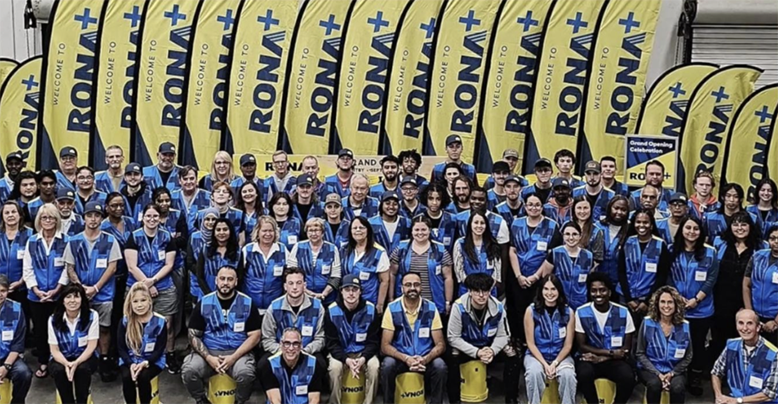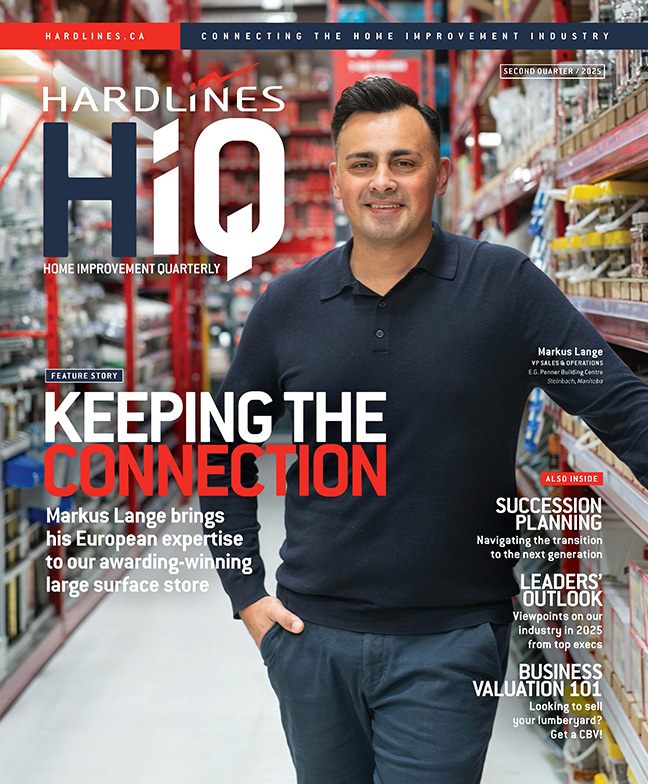By Kiljon Shukullari, HR Advice Manager at Peninsula Canada
As we all try to enjoy the last few weeks of summer, many employers face the challenge of declining productivity in the workplace. With employees returning from vacations and adjusting to the changing routines, companies will notice a dip in engagement.
It’s no secret that productivity can decrease during the summer months. However, employers should have policies and strategies in place to maintain the same level of focus and efficiency as in other months, while still promoting a healthy work-life balance.
In one study, 41 percent of employees said they are less productive during the summer months. This could lead to delays in projects, missed deadlines, and overall lower employee morale. As the end of summer approaches, it’s crucial for employers to address this slump head-on to ensure a smooth transition into the fall and the final few months of the year.
Luckily, there are strategies employers can put into place to ensure the business continues to run smoothly.
If you don’t already, consider offering flexible work schedules. This can help your team maintain a work-life balance, which in turn can lead to increased productivity and job satisfaction.
Many go on vacation during the summer months. This is a great time to re-engage your team with collaborative activities. Team-building exercises, workshops, or even a company-wide end-of-summer celebration can help boost morale and strengthen team bonds.
Another key factor to focus on is wellbeing. Ensure your employees are taking care of their physical and mental health. Encourage breaks, provide wellness resources, and promote a culture that values well-being. A healthy workforce is a productive one.
As the summer season winds down, we urge employers to proactively address the productivity slump. By implementing these strategies, companies can ensure that their teams are energized, focused, and ready to tackle the challenges of the upcoming months.
A global leader in HR and health & safety consulting, Peninsula has been supporting small and medium businesses for 40 years. We are trusted by over 140,000 SMBs globally. In Canada, we helped over 6,500 SMBs with tailored HR documentation, 24/7 employer advice, and provide employment management software. We pride ourselves on delivering a service that mitigates risk, adds value, and allows businesses to focus their time on what matters most.

 Donald Cooper is a Toronto-based management speaker and business coach. Using his vast experience as a manufacturer (Cooper Canada sports equipment) and an award-winning retailer, Cooper has helped thousands of companies in over 40 industries around the world to create compelling customer value, clarity of purpose, and long-term profitability.
Donald Cooper is a Toronto-based management speaker and business coach. Using his vast experience as a manufacturer (Cooper Canada sports equipment) and an award-winning retailer, Cooper has helped thousands of companies in over 40 industries around the world to create compelling customer value, clarity of purpose, and long-term profitability. Walmart Canada is the latest company to adjust its stores’ environments to suit individuals who suffer from hypersensitivity to sights, sounds, or smells.
Walmart Canada is the latest company to adjust its stores’ environments to suit individuals who suffer from hypersensitivity to sights, sounds, or smells. Retail staff face a rise in violent attacks, especially in shops with high-value products that are easy to resell. Hardware stores and building centres, with their pricey power tools and specialty products, make them targets of shoplifters—including teams of thieves that are part of the rise in organized retail crime.
Retail staff face a rise in violent attacks, especially in shops with high-value products that are easy to resell. Hardware stores and building centres, with their pricey power tools and specialty products, make them targets of shoplifters—including teams of thieves that are part of the rise in organized retail crime.



